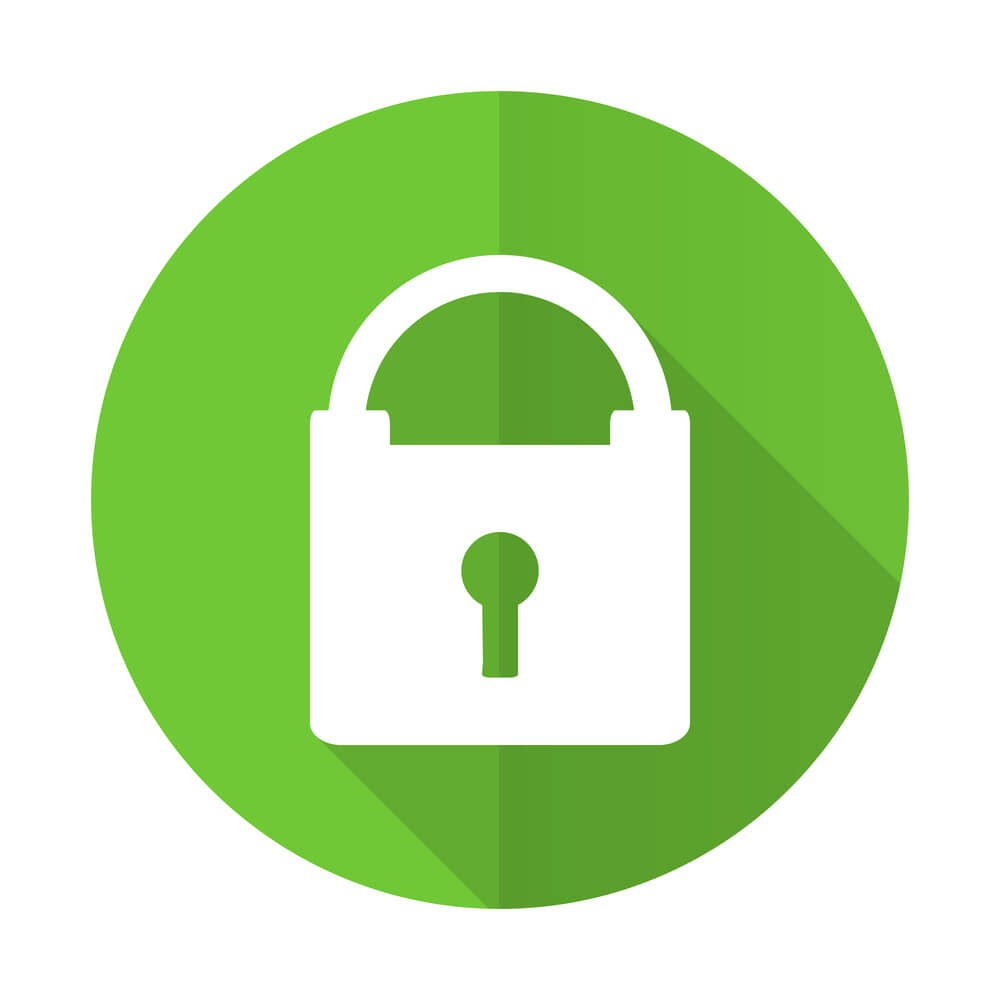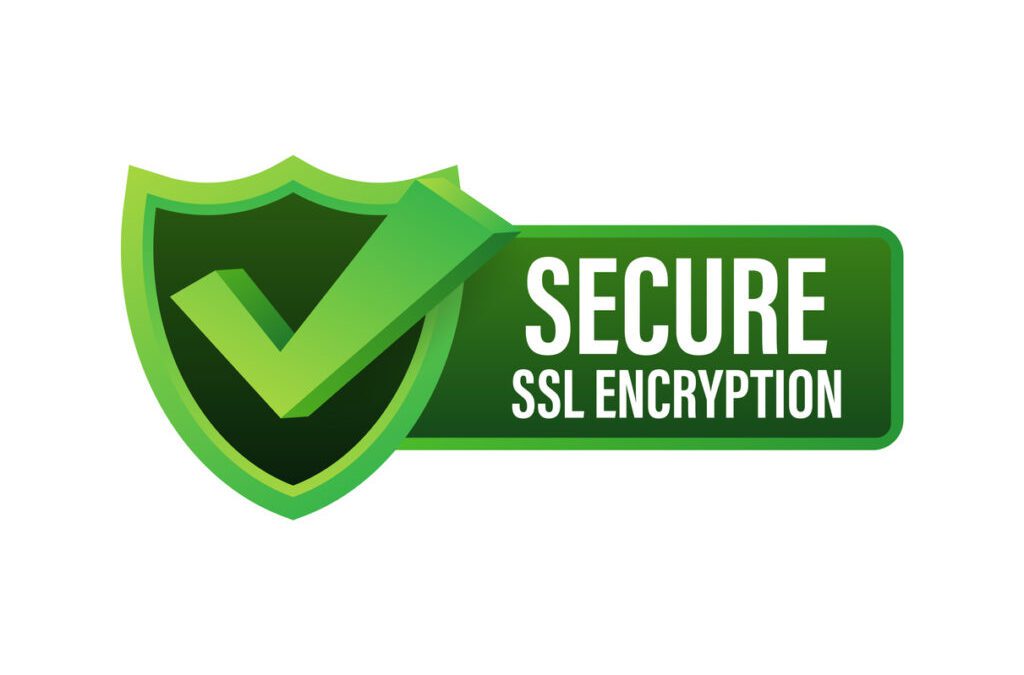In the digital age, website security is a top priority for businesses and website owners. One essential component of website security is an SSL (Secure Sockets Layer) certificate. Not only does an SSL certificate protect user data, but it also plays a crucial role in search engine optimization (SEO). This article will explore the importance of SSL certificates, how they enhance website security, their impact on SEO, and why every website owner should consider implementing them.
What is an SSL Certificate?
An SSL certificate is a digital certificate that authenticates a website’s identity and enables an encrypted connection. SSL stands for Secure Sockets Layer, a security protocol that creates an encrypted link between a web server and a web browser. Websites that use SSL have URLs that begin with HTTPS (HyperText Transfer Protocol Secure) instead of HTTP.
SSL certificates are issued by Certificate Authorities (CAs) and are essential for ensuring that any data exchanged between a user’s browser and the website remains private and secure. These certificates use encryption algorithms to scramble data, preventing hackers from accessing sensitive information such as passwords, credit card numbers, and personal details.
Enhancing Website Security with SSL Certificates
Security breaches and data theft are major concerns for website owners and users alike. SSL certificates address these issues in several ways:
1. Encrypting Data Transmission
When a user submits information on a website—whether it’s a login credential, payment details, or contact form—SSL encrypts the data to prevent cybercriminals from intercepting it. Without SSL encryption, data sent over HTTP connections can be accessed by attackers using man-in-the-middle (MITM) attacks.
2. Authenticating the Website’s Identity
SSL certificates verify that a website is legitimate and not an impostor site designed to trick users into revealing personal information (a practice known as phishing). This authentication helps users trust the website they are visiting.
3. Protecting Against Cyber Attacks
Websites without SSL are vulnerable to cyber threats such as data breaches, identity theft, and session hijacking. By securing the communication channel between users and the website, SSL helps safeguard sensitive data from being compromised.
4. Building User Trust and Confidence
Users are more likely to trust and engage with a website that displays the padlock symbol in the address bar, indicating that the site is secure. When visitors see HTTPS, they know that their data is protected, increasing their confidence in the website.
How SSL Certificates Affect SEO
Beyond security, SSL certificates also have a significant impact on a website’s search engine rankings. Here’s how SSL influences SEO:
 1. Google’s Ranking Factor
1. Google’s Ranking Factor
Google has been advocating for a more secure web for years. In 2014, Google announced that HTTPS is a ranking factor. Websites with SSL certificates receive a slight ranking boost compared to non-secure sites. While HTTPS alone won’t guarantee a top ranking, it contributes positively to a website’s overall SEO strategy.
2. Improved User Experience and Lower Bounce Rates
A secure website leads to better user experience (UX). If a visitor sees a “Not Secure” warning in the browser address bar, they are likely to leave immediately. High bounce rates negatively affect SEO, as search engines interpret them as a sign that the website is not providing value.
3. Referral Data in Google Analytics
When traffic is sent from an HTTPS site to a non-HTTPS site, the referral data is lost and appears as direct traffic in Google Analytics. With an SSL certificate, accurate referral data is retained, allowing businesses to track and analyze their traffic sources effectively.
4. Preventing Content Warnings and Browser Penalties
Modern browsers like Google Chrome and Mozilla Firefox flag non-HTTPS websites with security warnings. These warnings deter users from visiting unsecured sites, leading to reduced traffic and lower search rankings. Having an SSL certificate prevents these warnings and ensures a smooth browsing experience.
Types of SSL Certificates
Not all SSL certificates are the same. There are different types based on validation level and usage:
1. Domain Validation (DV) SSL
- Provides basic encryption and is the easiest to obtain.
- Validates domain ownership but does not verify the organization behind the website.
- Ideal for personal blogs and small business websites.
2. Organization Validation (OV) SSL
- Requires validation of the business or organization behind the website.
- Displays company details in the certificate, providing a higher level of trust.
- Suitable for business websites, e-commerce stores, and organizations.
3. Extended Validation (EV) SSL
- Offers the highest level of security and trust.
- Displays the company’s name in the browser’s address bar.
- Recommended for financial institutions, large enterprises, and e-commerce platforms.
4. Wildcard SSL & Multi-Domain SSL
- Wildcard SSL: Secures a domain and all its subdomains.
- Multi-Domain SSL: Covers multiple domain names under a single certificate.
How to Get an SSL Certificate
Obtaining an SSL certificate involves a few key steps:
- Choose a Certificate Authority (CA): Select a trusted CA like Let’s Encrypt, DigiCert, GlobalSign, or GoDaddy.
- Purchase or Obtain a Free SSL: Some hosting providers offer free SSL certificates (e.g., Let’s Encrypt).
- Install the SSL Certificate: This process depends on your hosting provider and website platform.
- Update Internal Links: Ensure all internal links use HTTPS instead of HTTP.
- Set Up 301 Redirects: Redirect HTTP URLs to HTTPS to avoid duplicate content issues.
- Update Google Search Console & Analytics: Inform Google of the HTTPS change to maintain SEO rankings.
Common SSL Certificate Myths
Despite their importance, some myths surround SSL certificates:
- “SSL is only necessary for e-commerce websites.”
- False. Every website benefits from SSL, regardless of its purpose.
- “SSL slows down a website.”
- False. Modern SSL encryption is optimized for speed and security.
- “SSL certificates are expensive.”
- False. Many providers offer free SSL options, making security accessible to all.
SSL certificates are a fundamental aspect of website security and SEO. They protect user data, build trust, prevent cyber threats, and improve search rankings. With Google prioritizing secure websites, implementing SSL is no longer optional—it’s essential. Whether you run a personal blog, a business website, or an e-commerce store, securing your site with an SSL certificate should be a top priority.
By transitioning from HTTP to HTTPS, website owners can enhance their security posture, gain a competitive SEO advantage, and provide users with a safer online experience. If you haven’t yet implemented SSL on your website, now is the time to do so.
Looking for Professional Help?
TJB WebMedia is one of the top ranked SEO companies in New Jersey. We understand that SEO plays a vital role in growing your small business. That’s why we focus on developing customized campaigns either on their own or as of a comprehensive SEO strategy. We specialize in creating SEO optimized posts for any type of organization. The bottom line is whatever your need, we have the talent and staff to make it happen. We also specialize in comprehensive NJ SEO and NJ web design.
Related to NJ Web Design Searches that Led You Here:
NJ WordPress Website Design
Web Design in NJ
New Jersey Web Designer
Web Design Companies in NJ
Web Designer NJ
Web Developer NJ
Related NJ SEO Posts
NJ Online Reputation Management Services
NJ Internet Marketing Company
Pay Per Click Management Company
XML Sitemap: Why It’s Crucial for SEO
The Role of SEO in Digital Success
Guide to Creating an Effective SEO Blog Post
NJ Digital Marketing
Building Inbound Links to Improve SEO

